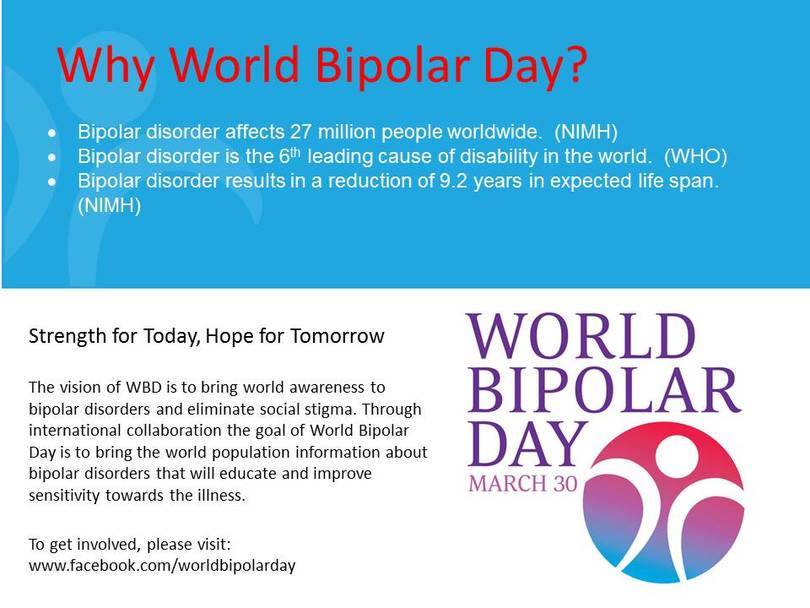Understanding Bipolar Disorder
What is Bipolar Disorder?
Bipolar disorder is a mental health condition characterized by extreme mood swings that include emotional highs (mania or hypomania) and lows (depression). These mood swings can affect sleep, energy, activity, judgment, behavior, and the ability to think clearly.
Types of Bipolar Disorder
Bipolar disorder is typically divided into three main types: Bipolar I, Bipolar II, and Cyclothymic Disorder. Each presents a different pattern of mood swings and varying degrees of severity, which impacts individuals’ daily lives uniquely.
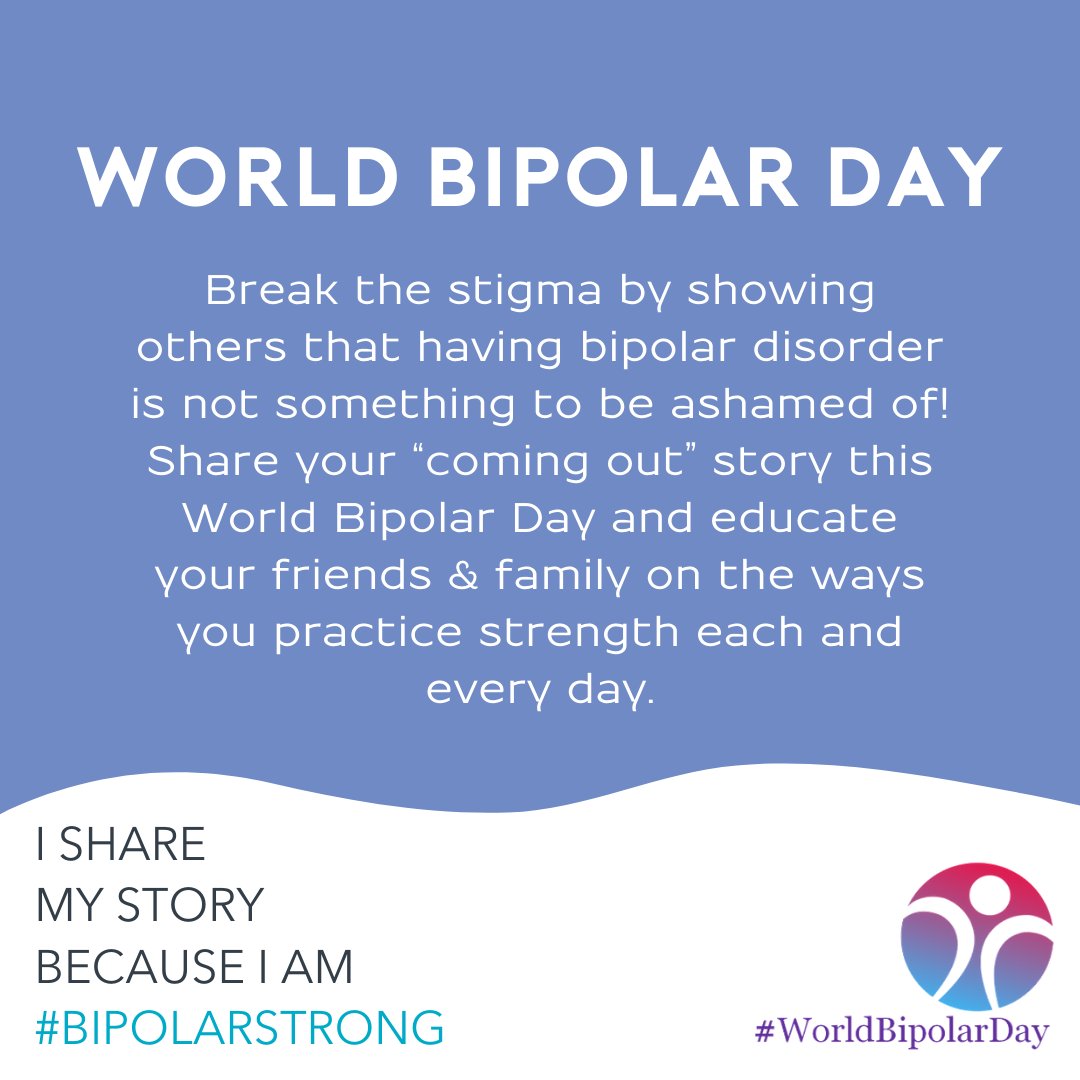
Understanding Bipolar Disorder
What is Bipolar Disorder?
Bipolar disorder is a mental health condition characterized by extreme mood swings that include emotional highs (mania or hypomania) and lows (depression). These mood swings can affect sleep, energy, activity, judgment, behavior, and the ability to think clearly.
Types of Bipolar Disorder
Bipolar disorder is typically divided into three main types: Bipolar I, Bipolar II, and Cyclothymic Disorder. Each presents a different pattern of mood swings and varying degrees of severity, which impacts individuals’ daily lives uniquely.
History of World Bipolar Day
Significance of World Bipolar Day
World Bipolar Day aims to raise awareness and eliminate social stigma surrounding the disorder. It educates the public about the condition, highlighting both the challenges and successes of those living with bipolar disorder.
Evolution of World Bipolar Day
Initially established by global mental health organizations, World Bipolar Day has grown to be recognized internationally. Events and campaigns worldwide now spread knowledge, foster acceptance, and support individuals and families affected by bipolar disorder.
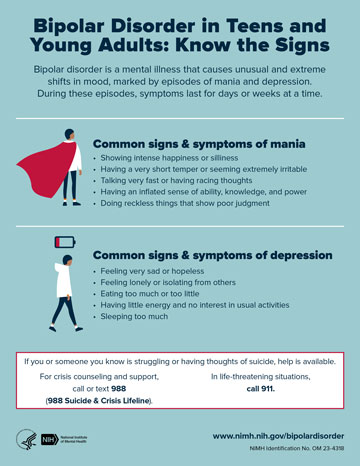
Symptoms and Diagnosis of Bipolar Disorder
Common Symptoms of Bipolar Disorder
Individuals with bipolar disorder may experience periods of depression marked by sadness and hopelessness, contrasted with episodes of mania, displayed as excessive excitement or irritability. These fluctuations can lead to impaired functioning in daily activities.
Diagnosing Bipolar Disorder
Diagnosis involves a comprehensive evaluation by healthcare professionals through psychiatric assessments, medical history, and symptom documentation, leaning on criteria outlined in diagnostic manuals.
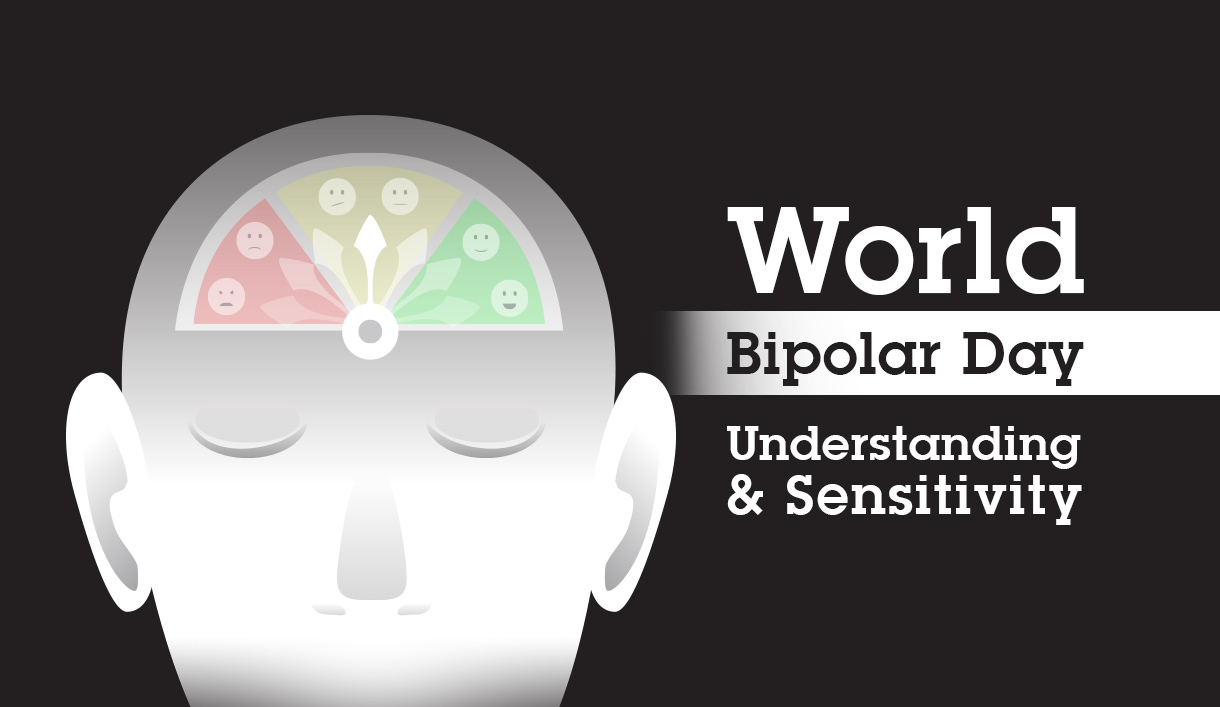
Treatments for Bipolar Disorder
Medications for Bipolar Disorder
Effective management of bipolar disorder often involves the use of medications such as mood stabilizers, antipsychotics, and antidepressants. Prescribing the proper medication requires careful consideration of the individual’s specific symptoms and health profile.
Therapy and Support Options
In addition to medication, therapy plays a crucial role. Psychotherapy, cognitive-behavioral therapy (CBT), and psychoeducation can help patients understand their condition and develop coping strategies. Support groups provide a communal space for sharing experiences and encouragement.
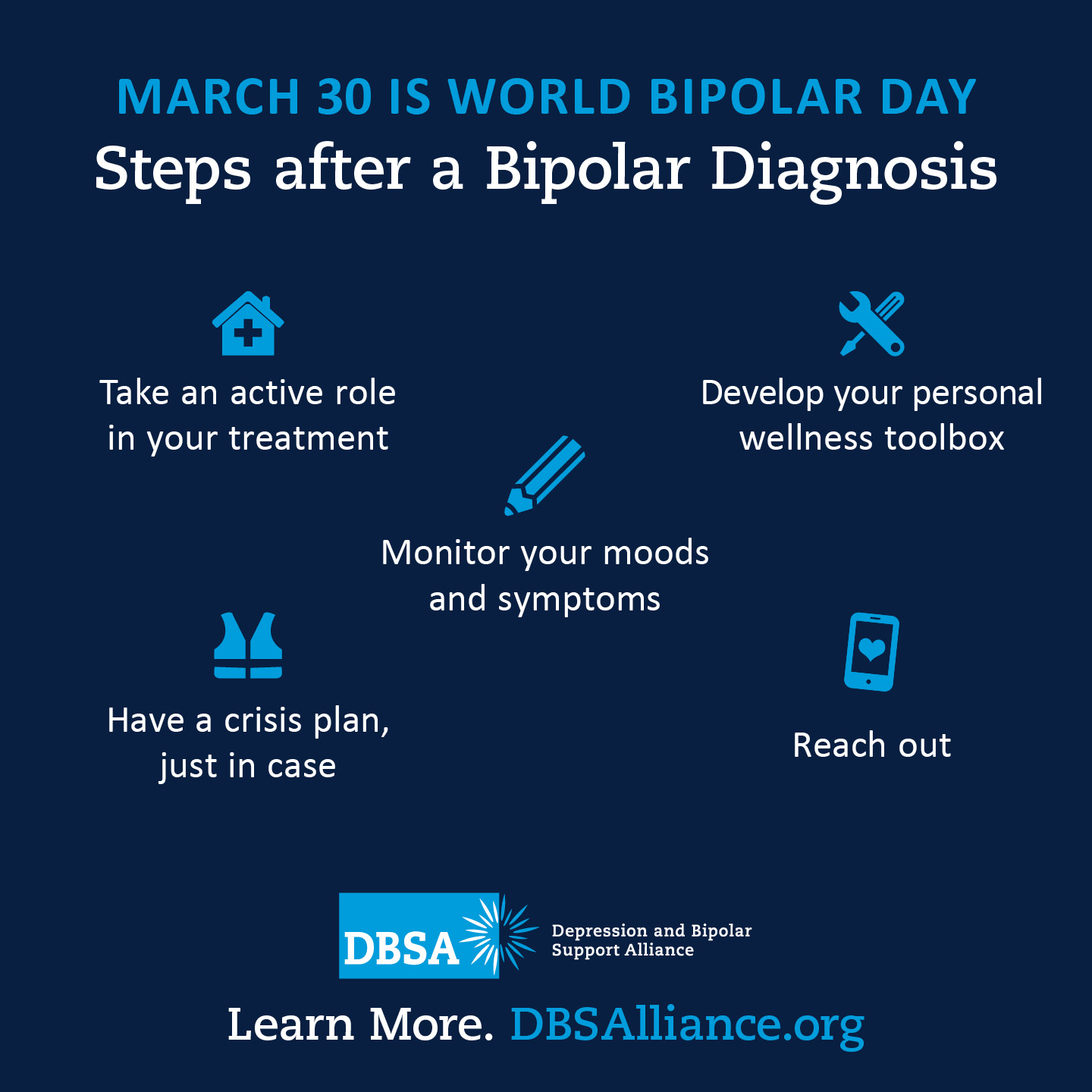
Treatments for Bipolar Disorder
Medications for Bipolar Disorder
Effective management of bipolar disorder often involves the use of medications such as mood stabilizers, antipsychotics, and antidepressants. Prescribing the proper medication requires careful consideration of the individual’s specific symptoms and health profile.
Therapy and Support Options
In addition to medication, therapy plays a crucial role. Psychotherapy, cognitive-behavioral therapy (CBT), and psychoeducation can help patients understand their condition and develop coping strategies. Support groups provide a communal space for sharing experiences and encouragement.
World Bipolar Day Awareness Campaigns
Initiatives and Events
Impact of Awareness Campaigns
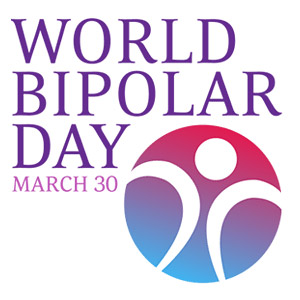
Treatments for Bipolar Disorder
Medications for Bipolar Disorder
Effective management of bipolar disorder often involves the use of medications such as mood stabilizers, antipsychotics, and antidepressants. Prescribing the proper medication requires careful consideration of the individual’s specific symptoms and health profile.
Therapy and Support Options
In addition to medication, therapy plays a crucial role. Psychotherapy, cognitive-behavioral therapy (CBT), and psychoeducation can help patients understand their condition and develop coping strategies. Support groups provide a communal space for sharing experiences and encouragement.
World Bipolar Day Awareness Campaigns
Initiatives and Events
World Bipolar Day is marked by global initiatives that promote understanding of the disorder. These initiatives often include educational workshops, seminars, and online campaigns aimed at spreading knowledge.
Impact of Awareness Campaigns
Awareness campaigns are essential in reducing the stigma surrounding bipolar disorder. They educate the public, increase the chances of early detection and intervention, and reinforce the importance of support for those affected by the condition.
Supporting Individuals with Bipolar Disorder
Stigma and Misconceptions
Challenging stigma and correcting misconceptions about bipolar disorder are key to fostering a supportive environment. Many still face discrimination due to misunderstandings about their condition.
Being an Ally to Those with Bipolar Disorder
To be an ally to individuals with bipolar disorder, one can educate themselves about the illness, listen without judgement, and offer support for their treatment and well-being.

Research and Innovation in Bipolar Disorder
Advancements in Bipolar Disorder Research
Recent research into bipolar disorder has made significant strides in understanding the genetic and neurobiological underpinnings of the condition. Studies utilizing advanced imaging and genetic testing offer new insights into how bipolar disorder develops and persists.
Promising Areas of Study
Current investigations are exploring the efficacy of novel treatment modalities, including personalized medicine and neuromodulation techniques. These studies aim to tailor treatments to individual patient profiles and to discover innovative therapeutic targets.

Research and Innovation in Bipolar Disorder
Advancements in Bipolar Disorder Research
Recent research into bipolar disorder has made significant strides in understanding the genetic and neurobiological underpinnings of the condition. Studies utilizing advanced imaging and genetic testing offer new insights into how bipolar disorder develops and persists.
Promising Areas of Study
Current investigations are exploring the efficacy of novel treatment modalities, including personalized medicine and neuromodulation techniques. These studies aim to tailor treatments to individual patient profiles and to discover innovative therapeutic targets.
Conclusion
Importance of World Bipolar Day
World Bipolar Day serves to raise awareness and eliminate social stigma, facilitating global conversations on advancements and challenges in bipolar disorder management.
Continuing the Conversation
Dedication to research and dialogue underscores the ongoing commitment to enhancing lives affected by bipolar disorder through innovation and empathy.

